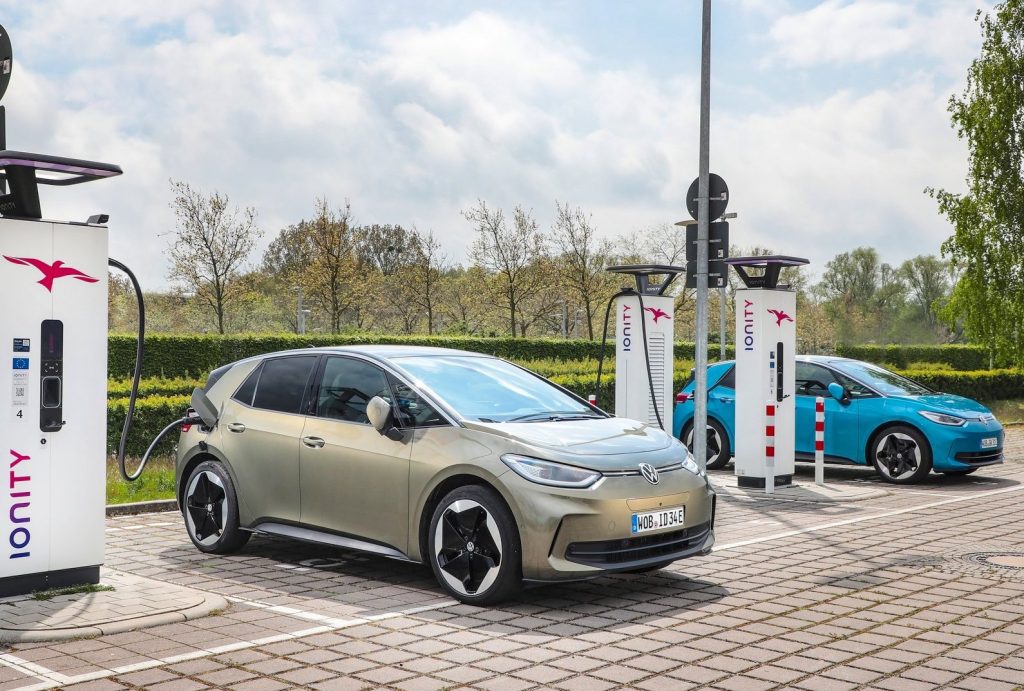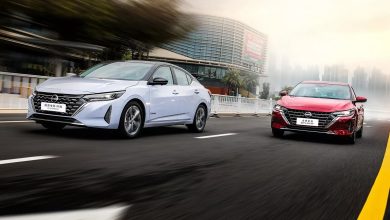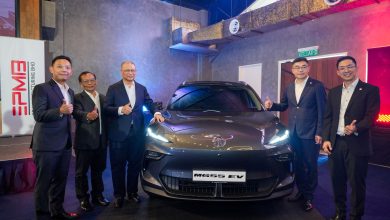MITI To Review 10,000 EV Charger Target Previously Set For 2025
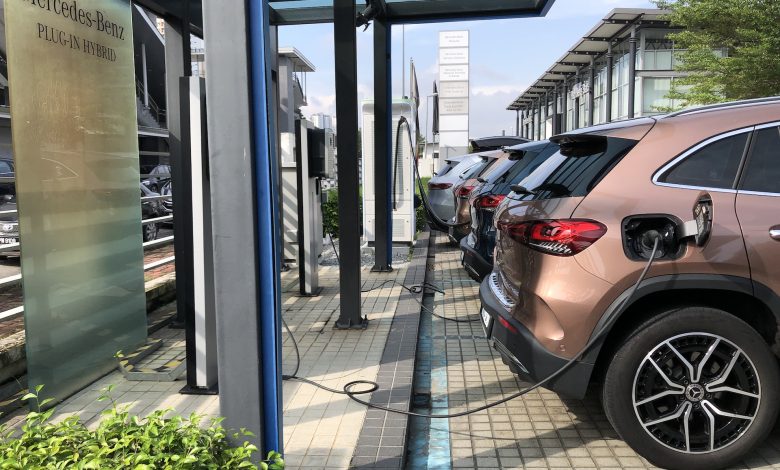
There are currently only to be around 1,500 EV charging stations operational nationwide thus far.
Now while it is certainly admirable for the current government administration to be pushing hard towards an EV future for Malaysia, it probably was to be expected even back then that its ambitions might be a little to difficult to transform into a tangible reality. Hence why there is perhaps currently (and rather quietly) a few reassessment of its goals, with the most notable of which being the recent possibility of a review on MITI’s previously laid out target for there to be 10,000 chargers nationwide by 2025.
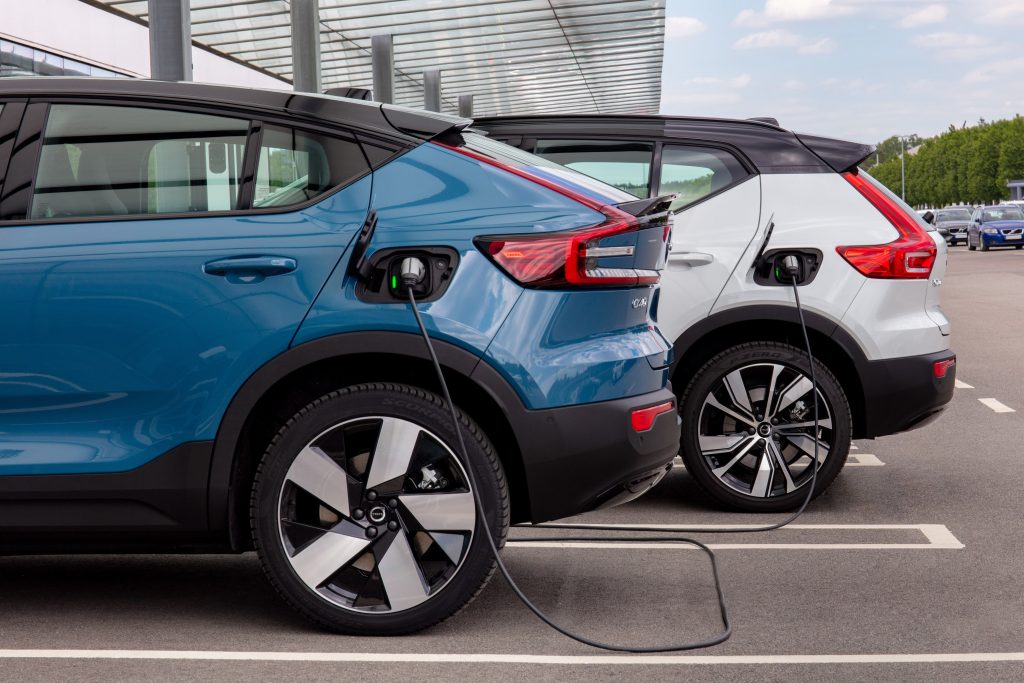
MITI minister Tengku Zafrul Aziz has stated regarding this requirement for a review stems from only 1,500 EV charging stations had been completed to date, with this figure being far from the initial target outlined under the low carbon mobility development plan 2021-2030. The minister did continue to state that so far the government is still committed to maintaining the initial target, but he and his cabinet colleagues will re-examine whether this target is achievable or not.
Though perhaps most insightful from his comments regarding this issue is to be exactly why this ambitious goal is currently far from being a reality, and that apparently is due to the copious amount of red tape involved in getting a charger up and running. “It involves agencies such as the Energy Commission, local authorities, and other parties,” added Tengku Zafrul.
He further touched upon for the need to streamline charging station preparation procedures, because there were complaints from companies providing EV charging stations. “One of the main complaints is it takes a long time to get approval to set up a charging station. We need to make it seamless,” said the minister.
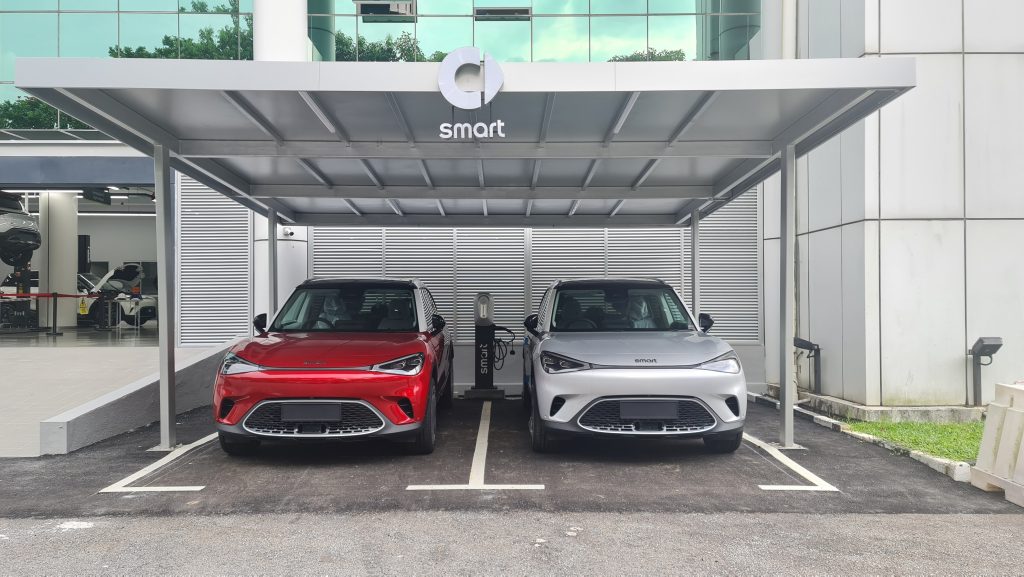
MITI has previously stated that its national roadmap for EV charging stations by 2025 will comprise of 10,000 chargers, with 1,000 being fast-charging DC units and the remaining 9,000 being AC slow-charging points. Even as late into February 2023 too the agency was touting that it could provide up to 4,000 charging points by the end of last year, but in reality only some 600 additional charging stations popped up within the last 12 months.
It remains to be seen whether the aforementioned reassessment of targets will lead to any tangible review of policies to expedite this improvement in infrastructure. Given that MITI is however expecting for both Proton and Perodua to be launching their own EVs by 2025, this rapid expansion of Malaysia’s charging network needs to happen much sooner rather than later to actually sustain the imminent exponential increase in cars that will inevitably require its services.
